
Brooklyn-based avant-pop music producer, Kate Brunotts, discusses the potential impact of artificial intelligence on artists and the need for stronger protections for their intellectual property rights.

Brooklyn-based avant-pop music producer, Kate Brunotts, discusses the potential impact of artificial intelligence on artists and the need for stronger protections for their intellectual property rights.

A conversation between UK Prime Minister Rishi Sunak and Tesla CEO Elon Musk regarding the risks and safety of artificial intelligence (AI), as well as the need for governments to collaborate and develop expertise in managing these risks.

Russell T. Warne discusses lessons learned from artificial intelligence regarding the human mind, including discussions on sentience, errors made by AI programs, creativity, and the propensity for AI programs to fabricate information.

Skeptic’s Senior Editor, Frank Miele, discusses the differences between human intelligence and artificial intelligence, including their capabilities, limitations, and potential applications.

Shermer and Takach discuss: Vladimir Putin: “artificial intelligence is the future not only of Russia, but of all mankind, and whoever becomes the leader in this sphere will become ruler of the world.” • what AI will be able to do in the coming decades • China’s surveillance state • Russia and Ukraine • Cold War 1.0: Autocracy, Democracy and Technology • Cold War 2.0: AI and Autocracy and Democracy • semiconductor chip supremacy • biotechnology • how China’s invasion…

A discussion of the evolution of AI from rule-based systems to data-driven machine learning, highlighting its advantages in adaptability and efficiency. Over-reliance on AI may stifle innovation and diversity in decision-making, leading to a rigid and less adaptive system. The authors emphasize the importance of human imagination and experimentation in driving progress and avoiding a decisional monoculture.
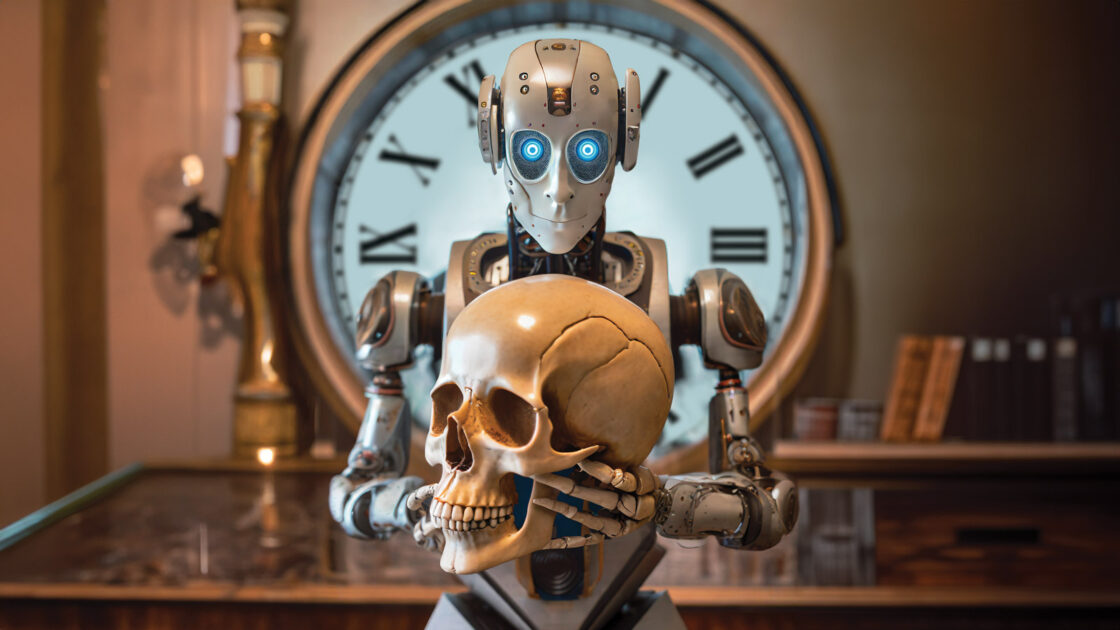
Marc Defant discusses the potential threats and capabilities of artificial intelligence, particularly focusing on OpenAI’s GPT-4 and its advanced abilities.

In the quest for intelligent machines, approaching, or even surpassing human intelligence, has been a prominent dot on the horizon since the 1950s. Aside from the various technological challenges, I believe this quest is enormously difficult for three reasons: We don’t have a clear picture of exactly how intelligence works in humans. We have no […]
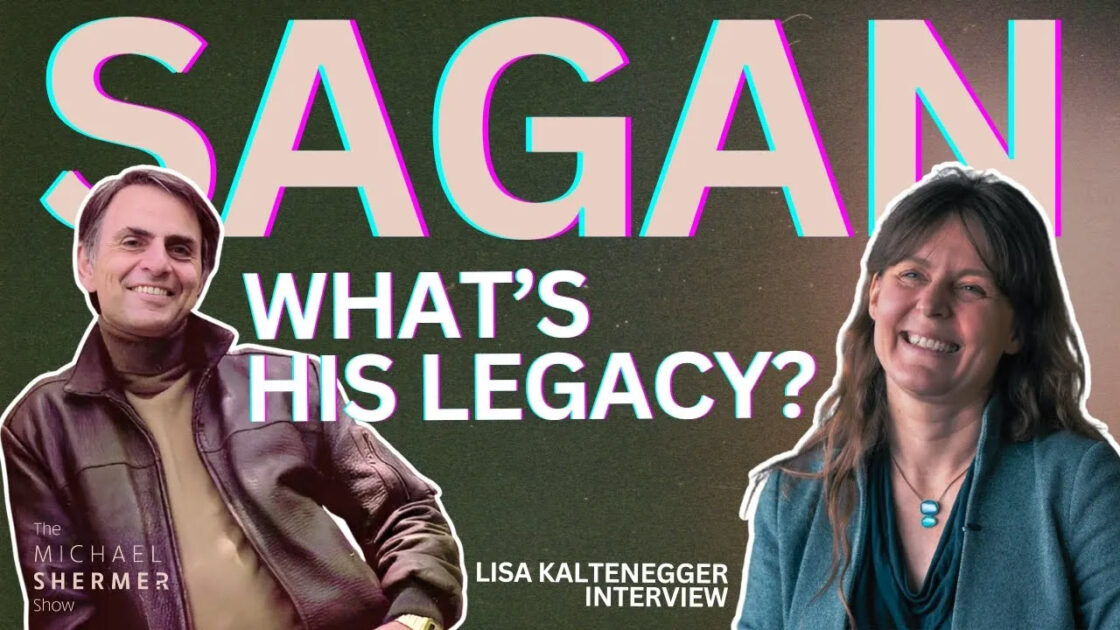
Shermer and Kaltenegger discuss: Carl Sagan and his influence • Sagan’s Dragon • ECREE Principle • how stars, planets and solar systems form • how exoplanets are discovered • Hubble Space Telescope, Kepler Space Telescope, James Webb Space Telescope • The Origin of Life • Fermi’s Paradox: where is everybody (the Great Silence, the Great Filter) • biosignatures • technosignatures • Dyson spheres • Will aliens be biological or AI? • interstellar travel • Kardashev scale of civilizations • how…

Maggie Jackson discusses the importance of uncertainty in artificial intelligence (AI) and how it can lead to more collaborative and adaptable systems. Openly uncertain AI models are being developed to improve transparency and allow for better human-AI interaction. By constructing AI that admits its uncertainty, AI can work with humans to achieve complex goals and align with human preferences.
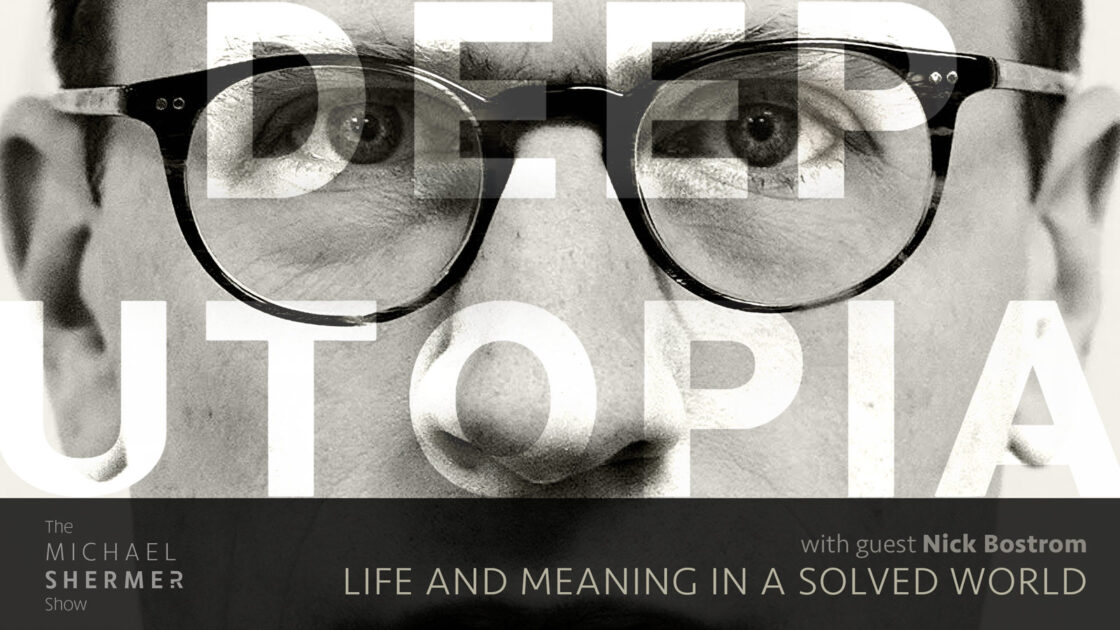
Bostrom and Shermer discuss: An AI Utopia and Protopia • Trekonomics, post-scarcity economics • the hedonic treadmill and positional wealth values • colonizing the galaxy • The Fermi paradox: Where is everyone? • mind uploading and immortality • Google’s Gemini AI debacle • LLMs, ChatGPT, and beyond • How would we know if an AI system was sentient?
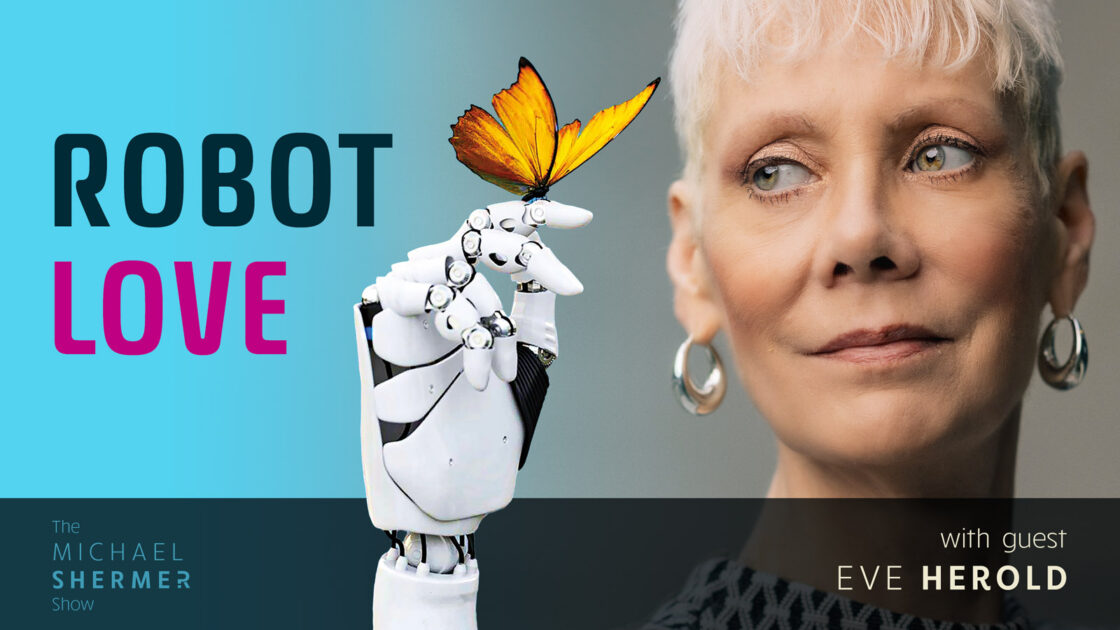
Shermer and Herold discuss: social robots, sex robots, robot nannies, robot therapists • flying cars, jetpacks and The Jetsons • Masahiro Mori • emotions, animism, mind • emotional intelligence • artificial intelligence • large language lodels • ChatGPT, GPT-4, GPT-5 and beyond • the alignment problem • robopocalypse • robo soldiers • robot sentience • autonomous vehicles • AI value systems, and their legal and ethical status.
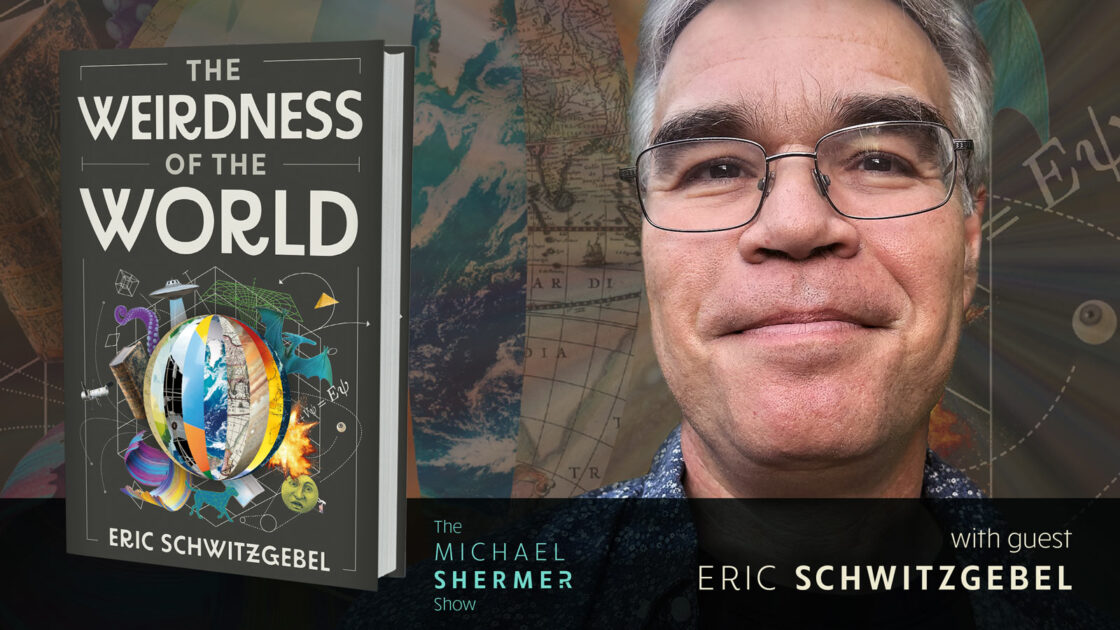
Shermer and Schwitzgebel discuss: bizarreness • skepticism • consciousness • virtual reality • AI, Turing Test, sentience, existential threat • idealism, materialism • ultimate nature of reality • solipsism • evidence for the existence of an external world • computer simulations hypothesis • mind-body problem • truths: external, internal, objective, subjective • mind-altering drugs • entropy • causality • infinity • immortality • multiverses • why there is something rather than nothing.
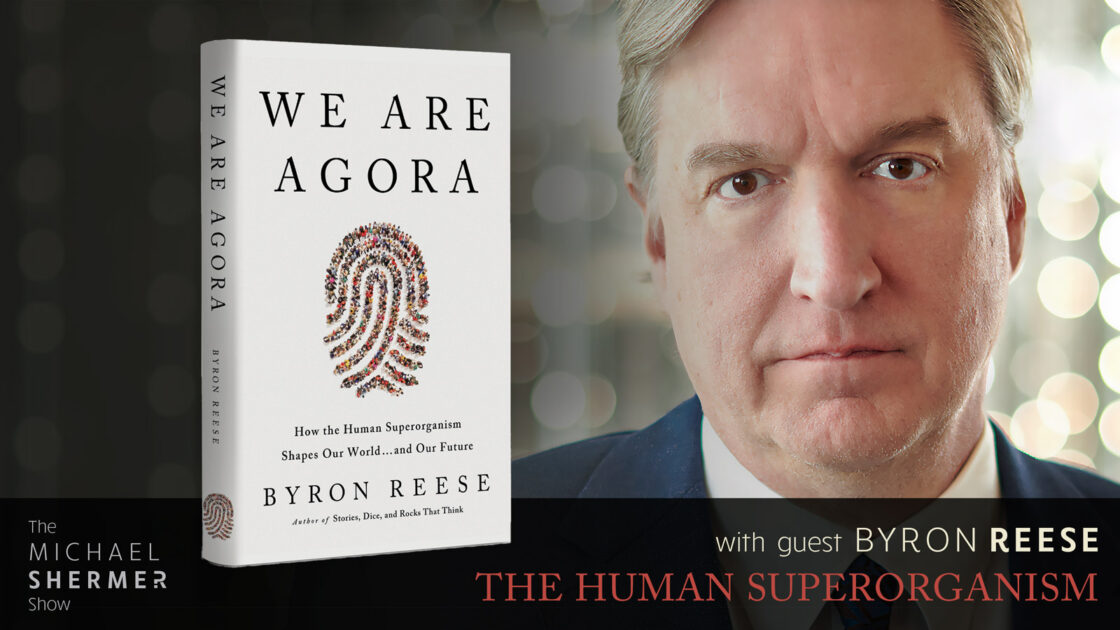
Shermer and Reese discuss: • organisms and superorganisms • origins of life • the self • emergence • consciousness • Is the Internet a superorganism? • Will AI create a superorganism? • Could AI become sentient or conscious? • the hard problem of consciousness • cities as superorganisms • planetary superorganisms • Are we living in a simulation? • Why are we here?
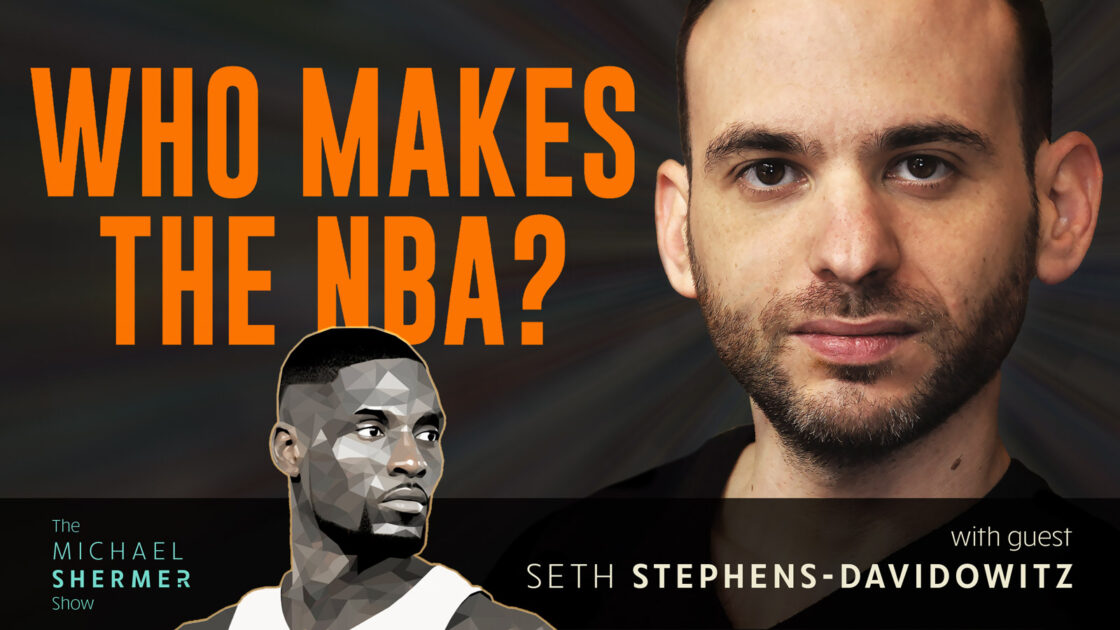
Shermer and Stephens-Davidowitz discuss: why some countries produce so many more NBA players than others • the greatest NBA players adjusted for height • why tall NBA players are worse athletes than short NBA players • How much do NBA coaches matter and what do they do? • In a population of 8 billion today compared to centuries past, where are all the Mozarts, Beethovens, Da Vincis, Newtons, Darwins, etc.?
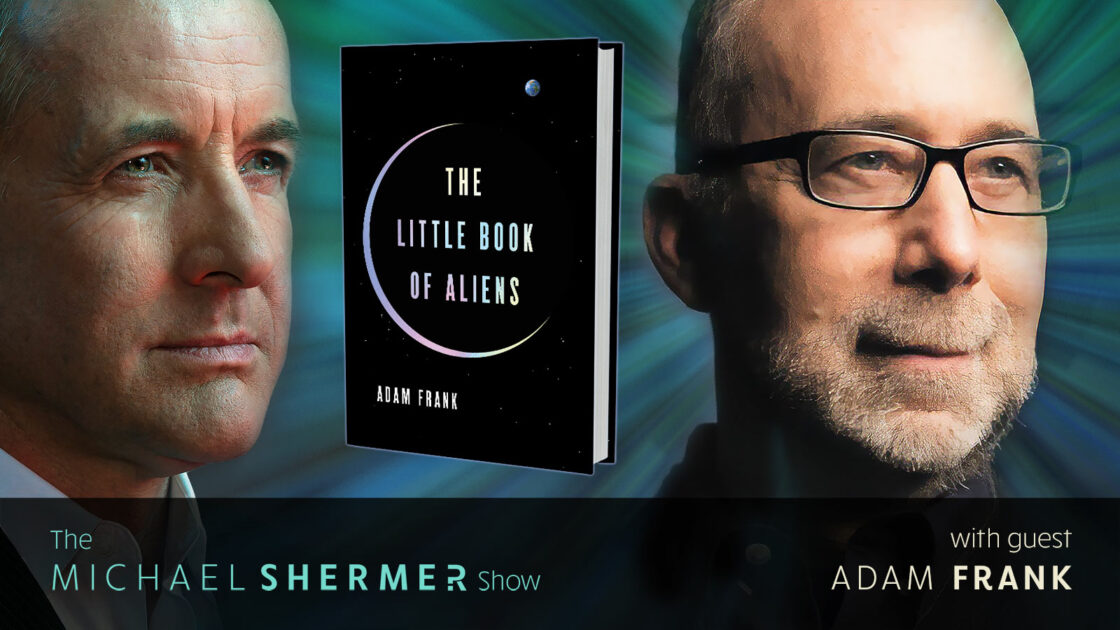
Shermer and Frank discuss: origin of Life • Drake Equation • Fermi’s Paradox • UFOs and UAPs • Projects Sign, Blue Book, Cyclops, Grudge • AATIP (Advanced Aerospace Threat Identification Program) • Alien Autopsy film • SETI & METI • technosignatures & biosignatures • aliens: biological or AI? • convergent vs. contingent evolution • interstellar travel • Dyson spheres, rings, and swarms • Kardashev scale of civilizations • aliens as gods and the search as religion • why aliens matter.

I’m a Monster Biologist. No — that’s not a self-aggrandizing professional description. I actually think about the biology of monsters. Twenty years ago, when I first conceived of Biology 485 as a rigorous treatment of “Why Things Aren’t,” I figured that it was already nearing obsolescence. Surely the speed of information through this new-fangled Internet, […]
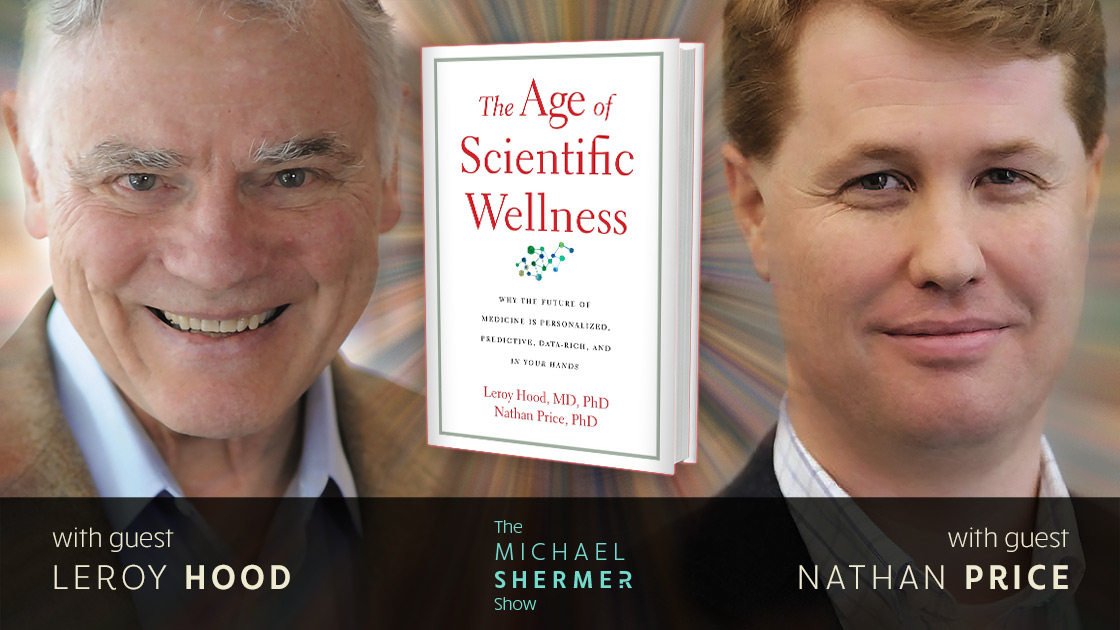
Hood, Price, and Shermer discuss: why we age and die • sickcare vs. healthcare • the 10 most popular drugs in the U.S. work for only about 10% of treated people • chronological age ≠ biological age • life expectancy, life span, longevity, and healthspan • why eliminating all cancers would only increase average life span by 3 years • genome vs. phenome • gut biome • optimizing brain function • brain plasticity • sleep, nutrition, exercise • Alzheimer’s • AI and…
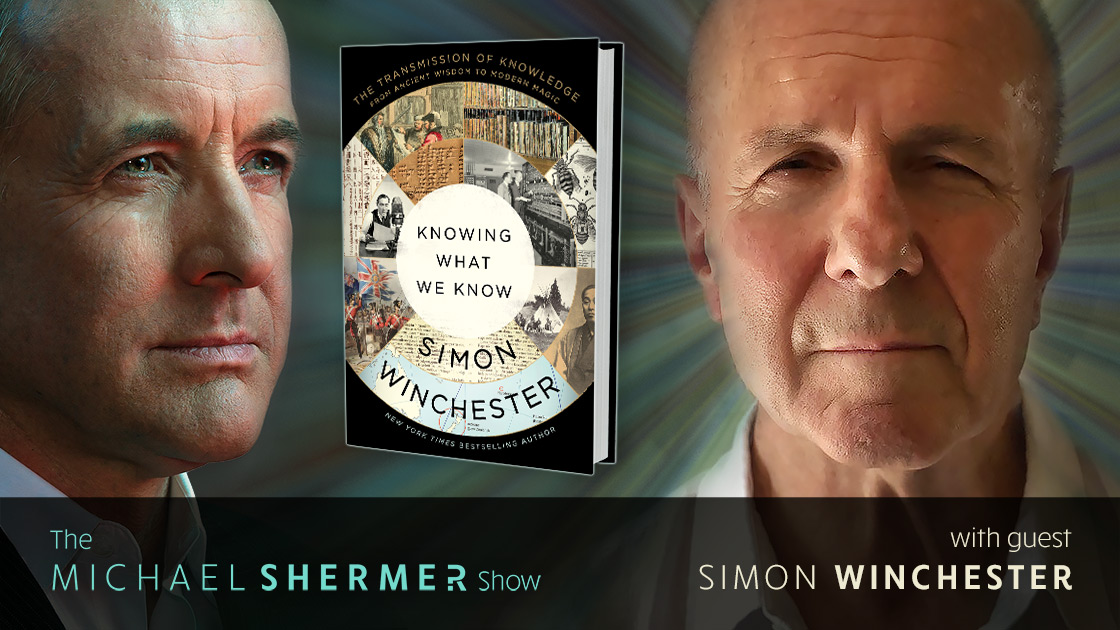
Shermer and Winchester discuss: how to become a professional writer • ChatGPT, GPT-4, and AI • knowledge as justified true belief • What is truth? • Are we living in a post-truth world of fake news and alternative facts? • education, past and present • books and the printing press • the history and future of encyclopedias • museums: repatriating objects taken during colonialism • print and broadcast journalism • internet and knowledge.
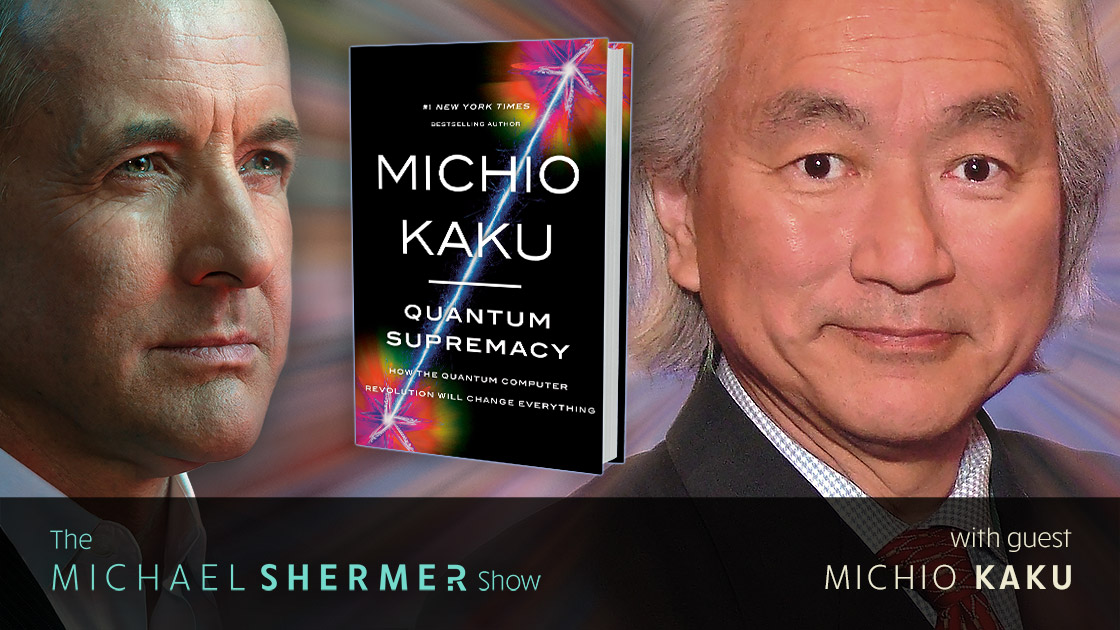
Shermer and Kaku discuss: AI, GPT, sentience/consciousness, the end of humanity • decoherence • Uncertainty Principle • multiverse, parallel universes, and Many Worlds hypothesis • Einstein • the evolution of the computer • the origin of life • climate change solutions • feeding 10 billion people • gene editing • curing cancer • immortality • simulating the universe • UAPs and UFOs • chaos theory and indeterminism • Are we living in a simulation? • Is there a God? •…
Whether at home or on the go, the SKEPTIC App is the easiest way to read your favorite articles. Within the app, users can purchase the current issue and back issues. Download the app today and get a 30-day free trial subscription.